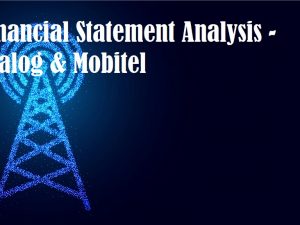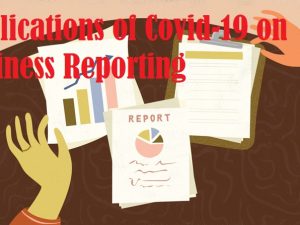Description
Inland Revenue Act No.24 of 2017 is limited to four main sources of income (Employment, Business, Investment and Other income) with dominant principle. Most of the passive income are covered under investment income. To make more practical and also to go parallel with accounting treatments, some of the nominal sources which recognized in Inland Revenue Act No.10 of 2006 (i.e. Net Annual Value and Occupiers Income etc.) has been removed and new sources (i.e. Realization Gain on Capital assets/Capital Gain and Natural Resource Payments etc.) has been introduced.
Method of Accounting for income tax purpose from each source of income has been discussed in Section 21 of Inland Revenue Act No.24 of 2017 to streamline the tax system by complying with accepted accounting standards i.e. Sri Lanka Financial Reporting Standards (SLFRS) which comply with International Financial Reporting Standards (IFRS).
Section 21 of Inland Revenue Act No.24 of 2017 read as follows.
1. Unless otherwise provided by this Act, the timing of inclusions and deductions in calculating a person’s income shall be made according to generally accepted accounting principles.
2. An individual shall account for income tax purposes on a cash basis in calculating the individual’s income from an employment or investment.
3. An individual or entity conducting business shall account for income tax purposes on an accrual basis.
4. A person shall account for income tax purposes the income from sources other than the sources referred to in subsections (2) and (3) on either a cash or accrual basis, whichever properly computes the person’s income.
5. Subject to subsections (2) and (3), the Commissioner-General may by written notice require a person to use a particular method of accounting or may approve an application of a person to change the person’s method of accounting. The Commissioner-General shall be satisfied that the new method is necessary to properly compute the person’s income.
6. Where a person’s method of accounting changes, adjustments shall be made in the year of assessment following the change so that no item is omitted or taken into account more than once.
In addition, following provisions emphasis the methods of recognition of income for tax purpose.
Section 22 – Cash basis accounting
Section 23 – Accrual basis accounting
Section 24 – Reverse of amounts including bad debts
Section 120 of Inland Revenue Act No.24 of 2017 [As amended by Inland Revenue (Amendment) Act No.10 of 2021] provide guidelines for keeping Accounts for tax purposes and maintain Records for tax purposes.
Further, Section 190 of Inland Revenue Act No.24 of 2017 discussed on ‘Impeding tax administration’ and through Section 190A ‘Punitive provision’ for fraudulently prepared or certified documents has been introduced.
According to the Inland Revenue (Amendment) Act No.09 of 2021, “E-Filing” is mandatory for all Companies to file their tax returns and use of Tax Identification Number (TIN) in all tax and tax related transactions from 01st April 2021. Revenue Administration and Management Information System (RAMIS) of Inland Revenue Department (IRD) improved with technical and legal provisions to further strengthening the tax administration.
IRD facilitated to enhance self-compliance and strengthen tax audits while introducing punitive legal provisions to ensure the tax agents (private tax consultants and auditors) representing the tax payers and prepares and certifies fraudulent tax reports on financial benefits consequence including being barred from practicing. In this context, Section 190A has been introduced to IR Act in the proposed amendment and with the implementation of such provision future role of tax agents will be censorious in SL tax system. Therefore some cases has been initiated by Accountants, Auditors and Tax Consultant individually and through their professional bodies against proposed changes under section 190A.
Instructions for Assignment
1. You are required to analyse the “Role of Tax Accountant/Tax Agent/Tax Consultant” as explained in Inland Revenue Act No.24 of 2017 and its amendment Act No.09 of 2021 by highlighting methods of “Recognition of Assessable Income from each source of income” explained in Section 21 to 24 and other relevant sections of Inland Revenue Act No.24 of 2017 comparing with “Role of Accountant” which recognized in Accepted Accounting standard (SLFRS).
2. Your answer should be supported with ‘quotations’ taken from relevant sections of IR Act and also from relevant judgments available in case laws on recognition of income from each source of income by individuals or entities for tax purpose.





